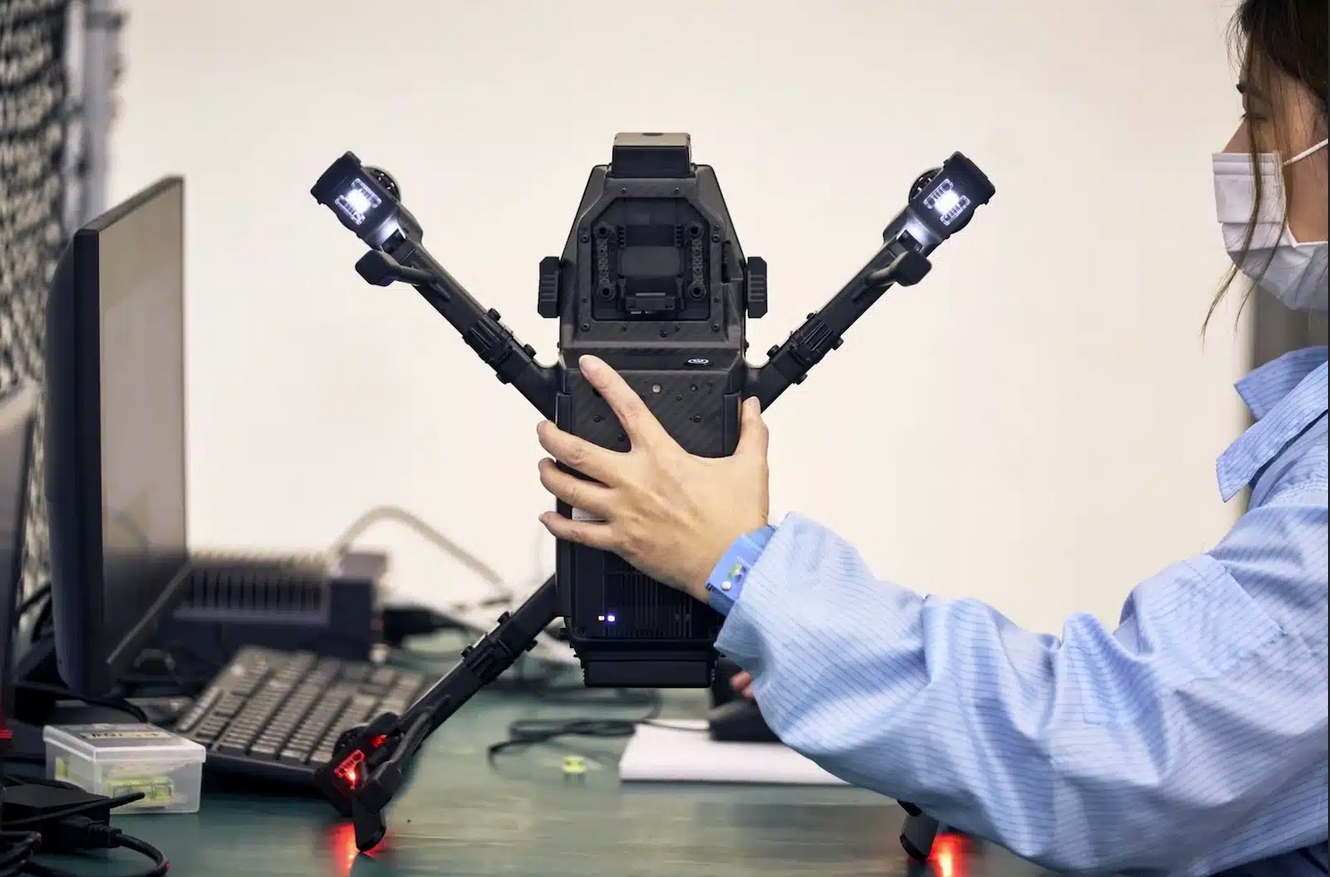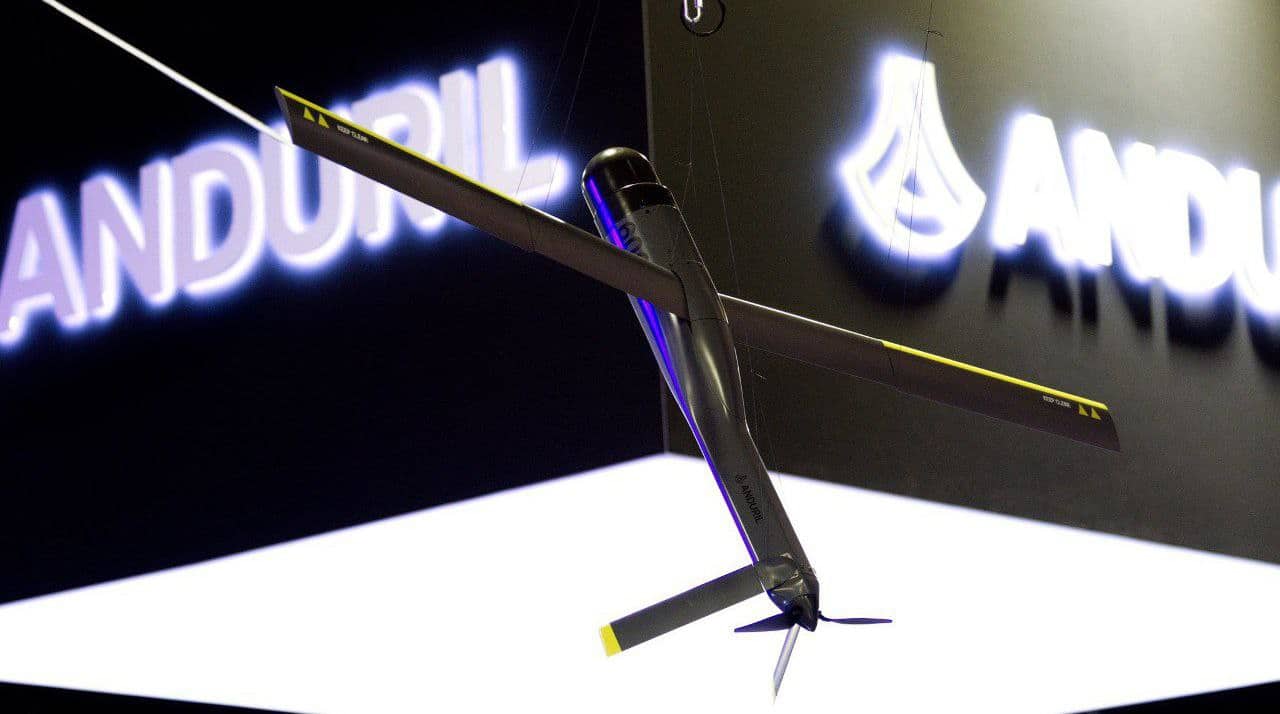Taiwan will reclassify small drones as “consumables” rather than durable military equipment, aiming to accelerate acquisition for its armed forces amid increasingly tense relations with mainland China. According to Focus Taiwan, this change follows a recent U.S. policy and is expected to streamline procurement processes while fostering closer cooperation between Taiwan’s military and domestic drone industry.
 In July, the U.S. Department of Defense reclassified Category 1 and 2 drones (systems weighing no more than 55 lbs/25 kg) as munitions. This allows lower-level commanders to directly purchase and authorize their use. Taiwan is currently adopting a similar framework, treating small unmanned aerial systems (sUAS) not as traditional aircraft but as easily replaceable battlefield tools.
In July, the U.S. Department of Defense reclassified Category 1 and 2 drones (systems weighing no more than 55 lbs/25 kg) as munitions. This allows lower-level commanders to directly purchase and authorize their use. Taiwan is currently adopting a similar framework, treating small unmanned aerial systems (sUAS) not as traditional aircraft but as easily replaceable battlefield tools.
Director Su Ziyun of the Defense Security Research Office stated that the effectiveness of small drone systems depends on large-scale deployment, noting that only about 10% of drones hit their intended targets. By reclassifying them as consumables, Taiwan aims to ensure supply chain continuity and greater tactical flexibility. Taipei has been closely studying the role of drones in the Ukraine-Russia war and is accelerating autonomous procurement in preparation for potential military conflict.
Taiwan plans to acquire 48,750 domestically produced drones by 2027 and integrate them into soldier training programs. Earlier this month, the Taiwanese military received the first batch of Altius loitering munitions from U.S. defense contractor Anduril.

(Taiwan receives first batch of U.S.-made Altius 600M drones)
Additionally, Taiwan unveiled two new indigenous systems:
1. A bomb-dropping drone for precision strikes;
2. A catapult-launched suicide drone for one-way attack missions.
This reclassification also aims to strengthen ties between Taiwan’s armed forces and local drone manufacturers. Shorter procurement cycles will speed up operational testing and improvements, ensuring drones continuously adapt to real battlefield conditions. By reducing bureaucratic obstacles, Taiwan hopes to avoid production and supply bottlenecks, enabling rapid deployment scale-up during conflict.

